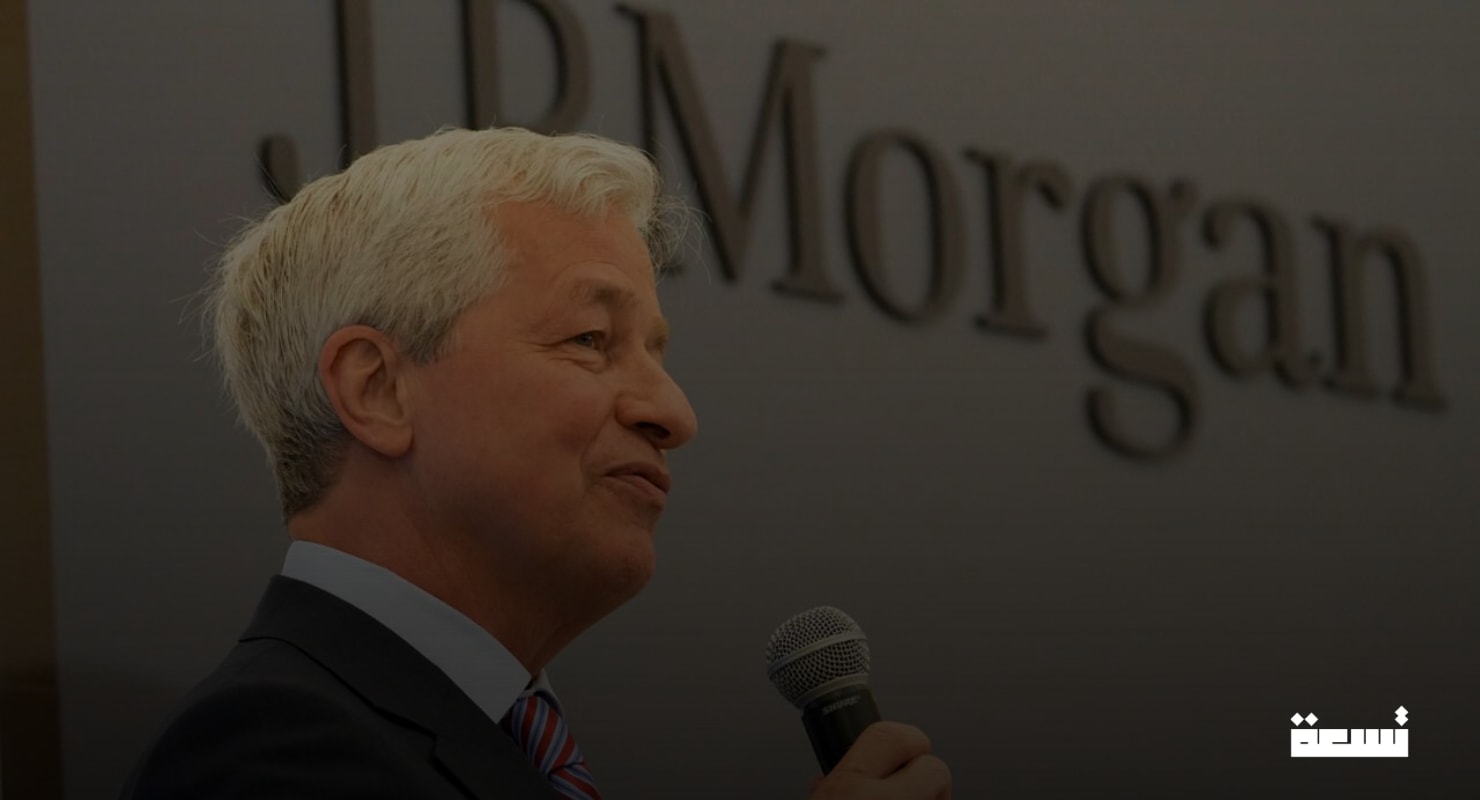Millions and endless controversy: Jimmy Dimon leads J.P. Morgan Bank through financial peaks and career storms.
February 24, 2025153 ViewsRead Time: 2 minutes

Font Size
16
In a notable move, the salary of Jamie Dimon, the CEO of JPMorgan Chase, jumped by 8.3% to reach $39 million for the year 2024, compared to $36 million in 2023. This increase comes as he oversaw achieving record financial results and growth across all business lines, as announced by the bank on Thursday. The compensation package included a base salary of $1.5 million, in addition to performance-based variable bonuses totaling $37.5 million. At the same time, Dimon sparked widespread controversy due to his strict stance on remote work policy. During an internal meeting in Columbus, Ohio, he sharply criticized bank employees who expressed concerns about the mandatory return to offices, emphasizing that working from home "does not foster creativity and does not help in making quick decisions." He added: "I don't want anyone to tell me that working from home on Fridays works. I call many people on Fridays, and I can't reach anyone!" The controversy did not stop there, as many employees signed a petition demanding to maintain the hybrid work model, but Dimon considered these efforts "a waste of time," insisting that great companies operate from their offices, not homes. He also warned that the younger generation is socially and intellectually harmed by remote work, saying: "Most of you live in communities much less diverse than this room!" Amid these tensions, JPMorgan announced a plan to lay off 1,000 employees in February, with further waves of layoffs in March, May, June, August, and September. This step comes in the context of a broader trend to bring employees back to offices, aligning with former U.S. President Donald Trump's directives regarding the return of federal employees to work from their offices. Dimon's decisive decisions have sharply divided opinions between those who see them as necessary to enhance productivity and those who consider them an unjustified insistence on ignoring modern changes in the work environment.